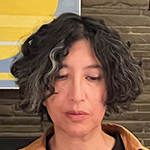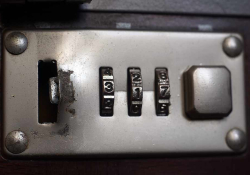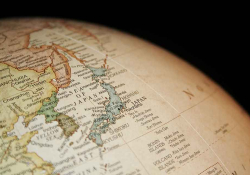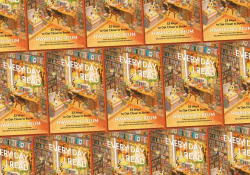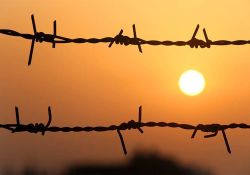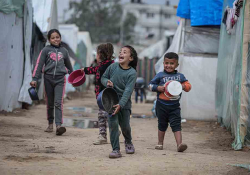Just Now
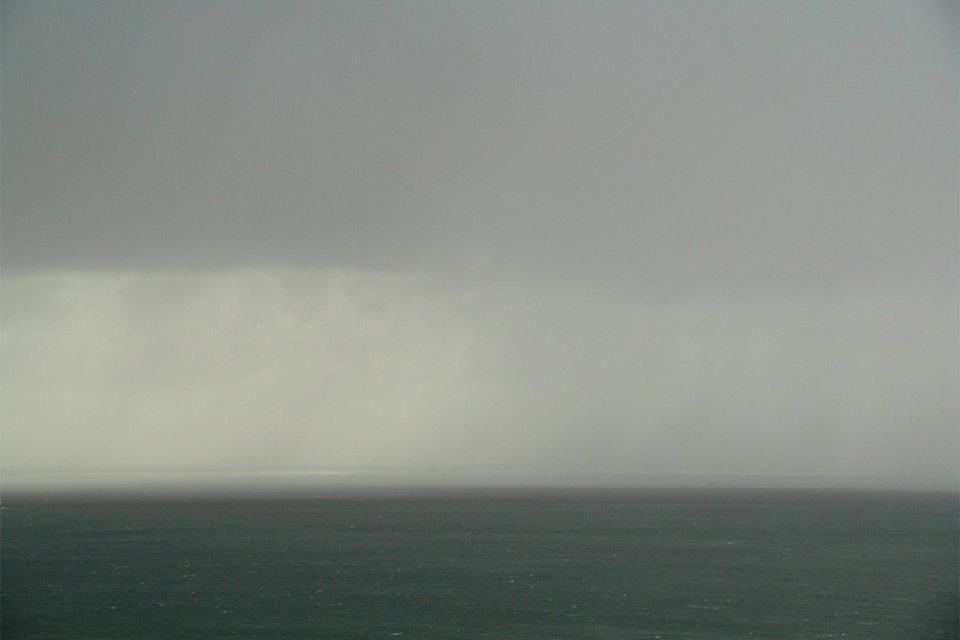
A South African writer born after the Group Areas Act returns to Simon’s Town with her mother, who used to visit the old fishing town before it was declared white.
Anyway.
Simon’s Town is an old fishing town on the Indian Ocean side of Cape Town, forty-two minutes from our house in Athlone. When she was young, my mother used to take the train there from Claremont on weekends to visit her cousin Nasie and her friend Patty, before they were all removed. My mother’s family was banished from the mountain to the Flats, and the people forced out of Simon’s Town were sent to a place called Ocean View. They named it that, when it had no sea and nothing to look at. Each time on the bus when people had to say where they were going, or when they were asked for their address and almost wrote the old street, they had to spell out the cruel thing that the new place was not, mark the loss.
I used to ask my mother what it was like to live in places like Claremont and Simon’s Town before they were declared white. Before that. What was it like to live in a place like you belonged there, like it was yours? People like me, born after the Group Areas Act, could only look at neighborhoods like that from the outside. Like when I was a child in the ’80s when we went to Muizenberg beach, to get to the side where we could swim, we had to pass the white part, we had to walk past the immense, curling, pale-blue waterslides that reared above two swimming pools right next to the ocean, behind a fence with a big sign whites only / alleenlik blankes for us to look through. But her answers didn’t bring me any closer to life then. She said, Patty and I sat on the stone wall by the harbor in St. George’s Street and hung our feet over the water and talked and then I went to Cousin Nasie’s house above the tailor on Jubilee Square and on Sundays I took the train back home. Later I realized that you can’t ask questions like that, questions that give a border to an edgeless thing, make it finite and static and not itself. A thing that falls beneath the horizon of words. Once it was lost, it became something else, and when I asked about it, all she could reach for was its absence.
Later I realized that you can’t ask questions like that, questions that give a border to an edgeless thing.
Last year, I lived in Athlone again for five months. One weekend in March, I had to collect my brother, Imran, from a tiling job in Simon’s Town, so I asked my mother if she wanted to join me for the drive. These days, she needs to be told about things in good time and more than once. It takes time to prepare when you have Parkinson’s, time for the body and time for the mind. When I first raised it, she hesitated and didn’t answer, but when I brought it up again, she said, Of course, that will be nice!
It had been an unexpectedly drenching month, and it poured on the Sunday we fetched Imran. By the time we set off, Steenbras Dam was 80 percent full, a number everyone keeps an eye on since the taps almost ran dry in 2017.
After half an hour we passed Muizenberg,
sand a wet grit on the road
It was quiet in the back. I asked softly
what it felt like going to Simon’s Town in the rain in the past
There was silence. Had she closed her eyes
She said, When I looked out there just now I didn’t know
if there were white houses floating
or the waves moving on the sea
Rain siphons the what from the what
Breathless, I felt something touch me,
emptiness against emptiness
borderless,
intimate
houses close as a cheekbone
drifting away from her as she peered
at them, suddenly thinner
than a dream
behind rain on the sea
I suppose what I meant—when I asked her what it felt like for a place in the world to feel like it belonged to her—was, Did she belong to it too? Unlike me. I walk around feeling temporary, on approval everywhere, as though I don’t belong anywhere. When I asked her, I wanted to be with her on the inside of that world. But perhaps after it was gone, she too felt it was irretrievable and maybe no longer quite believable. Perhaps she also felt on the outside of it and couldn’t talk about it anymore. The scale of it, millions of homes emptied of people like us then bulldozed and built over, their existence erased, must have felt as immense as a glacier rearing over them and grinding out each home, each friendship, each tree.
These things aren’t similar, aren’t
parallel, aren’t even mine
to write. They happened near
each other, two things touching,
not touching
I think she didn’t mean to say “siphons.” In the rain after three years of no rain, I think she was reaching for something that was drifting away and her fingers brushed against “the what” and “the what.” At last, the thing that was receding, that she was never able to say.
I only heard decades later
from other people
after my father died
that they lost the land by the river
in the small town I lived in for the first two years of my life
in the ghost of the house on the land by the river
Would I have understood more,
if I heard from them
what they ached for
how the house was like a body they missed
there just-now
and then gone
so they carried it in them
in large blocks of silence
white as houses
unanchored
as rain on sea
Anyway.
Cape Town

